Books of the Middle Ages Fact and Fiction
Explore the best books of the Middle Ages—uncover fascinating historical facts and captivating fiction. Dive into timeless tales and scholarly works from the medieval era.
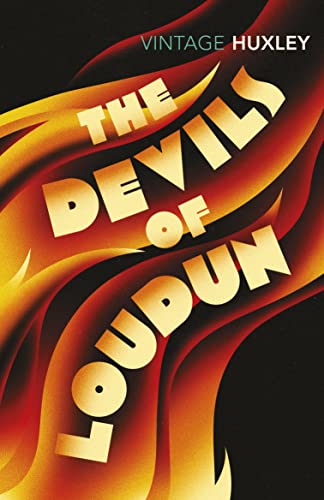

Book
A Distant Mirror
by Barbara W. Tuchman
A “marvelous history”* of medieval Europe, from the bubonic plague and the Papal Schism to the Hundred Years’ War, by the Pulitzer Prize–winning author of The Guns of August *Lawrence Wright, author of The End of October, in The Wall Street Journal The fourteenth century reflects two contradictory images: on the one hand, a glittering age of crusades, cathedrals, and chivalry; on the other, a world plunged into chaos and spiritual agony. In this revelatory work, Barbara W. Tuchman examines not only the great rhythms of history but the grain and texture of domestic life: what childhood was like; what marriage meant; how money, taxes, and war dominated the lives of serf, noble, and clergy alike. Granting her subjects their loyalties, treacheries, and guilty passions, Tuchman re-creates the lives of proud cardinals, university scholars, grocers and clerks, saints and mystics, lawyers and mercenaries, and, dominating all, the knight—in all his valor and “furious follies,” a “terrible worm in an iron cocoon.” Praise for A Distant Mirror “Beautifully written, careful and thorough in its scholarship . . . What Ms. Tuchman does superbly is to tell how it was. . . . No one has ever done this better.”—The New York Review of Books “A beautiful, extraordinary book . . . Tuchman at the top of her powers . . . She has done nothing finer.”—The Wall Street Journal “Wise, witty, and wonderful . . . a great book, in a great historical tradition.”—Commentary
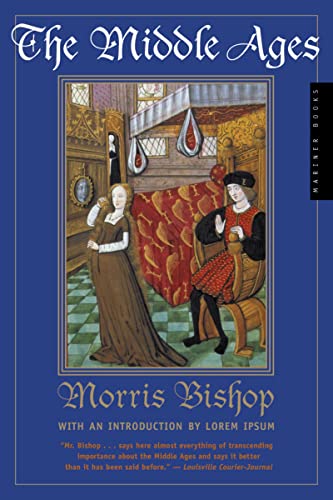




Book
Baudolino
by Umberto Eco
Baudolino, having just rescued a court official caught in the sacking and burning of Constantinople in 1204, proceeds to entertain the man with the fantastical story of his life.

Book
The Canterbury Tales
by Geoffrey Chaucer
Nevill Coghill’s masterly and vivid modern English verse translation with all the vigor and poetry of Chaucer’s fourteenth-century Middle English A Penguin Classic In The Canterbury Tales Chaucer created one of the great touchstones of English literature, a masterly collection of chivalric romances, moral allegories and low farce. A story-telling competition between a group of pilgrims from all walks of life is the occasion for a series of tales that range from the Knight’s account of courtly love and the ebullient Wife of Bath’s Arthurian legend, to the ribald anecdotes of the Miller and the Cook. Rich and diverse, The Canterbury Tales offer us an unrivalled glimpse into the life and mind of medieval England. For more than sixty-five years, Penguin has been the leading publisher of classic literature in the English-speaking world. With more than 1,500 titles, Penguin Classics represents a global bookshelf of the best works throughout history and across genres and disciplines. Readers trust the series to provide authoritative texts enhanced by introductions and notes by distinguished scholars and contemporary authors, as well as up-to-date translations by award-winning translators.

Book
The Decameron
by Giovanni Boccaccio
Translated with an Introduction and Notes by G. H. McWilliam

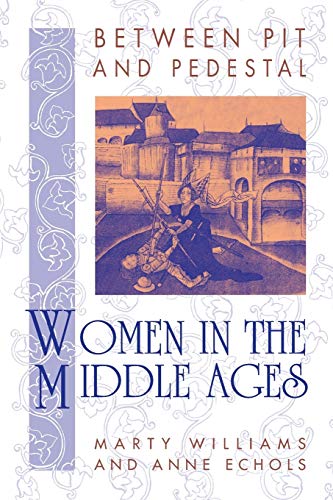

Book
How the Irish Saved Civilization
by Thomas Cahill
NATIONAL BESTSELLER • A book in the best tradition of popular history—the untold story of Ireland's role in maintaining Western culture while the Dark Ages settled on Europe. • The perfect St. Patrick's Day gift! Every year millions of Americans celebrate St. Patrick's Day, but they may not be aware of how great an influence St. Patrick was on the subsequent history of civilization. Not only did he bring Christianity to Ireland, he instilled a sense of literacy and learning that would create the conditions that allowed Ireland to become "the isle of saints and scholars"—and thus preserve Western culture while Europe was being overrun by barbarians. In this entertaining and compelling narrative, Thomas Cahill tells the story of how Europe evolved from the classical age of Rome to the medieval era. Without Ireland, the transition could not have taken place. Not only did Irish monks and scribes maintain the very record of Western civilization -- copying manuscripts of Greek and Latin writers, both pagan and Christian, while libraries and learning on the continent were forever lost—they brought their uniquely Irish world-view to the task. As Cahill delightfully illustrates, so much of the liveliness we associate with medieval culture has its roots in Ireland. When the seeds of culture were replanted on the European continent, it was from Ireland that they were germinated. In the tradition of Barbara Tuchman's A Distant Mirror, How The Irish Saved Civilization reconstructs an era that few know about but which is central to understanding our past and our cultural heritage. But it conveys its knowledge with a winking wit that aptly captures the sensibility of the unsung Irish who relaunched civilization.

Book
The Princes of Ireland
by Edward Rutherfurd
From the bestselling author of London and Sarum—amagnificent epic about love and battle, family life and political intrigue in Ireland over the course of eleven centuries. The Princes of Ireland brilliantly weaves impeccable historical research and mesmerizing storytelling in capturing the essence of a place and its people. Edward Rutherfurd has introduced millions of readers to the human dramas that are the lifeblood of history. From his first bestseller, Sarum, to the international sensation London, he has captivated audiences with gripping narratives that follow the fortunes of several fictional families down through the ages. The Princes of Ireland, a sweeping panorama steeped in the tragedy and glory that is Ireland, epitomizes the power and richness of Rutherfurd's storytelling magic. The saga begins in tribal, pre-Christian Ireland during the reign of the fierce and mighty High Kings at Tara, with the tale of two lovers, the princely Conall and the ravishing Deirdre, whose travails cleverly echo the ancient Celtic legend of Cuchulainn. From that stirring beginning, Rutherfurd takes the reader on a powerfully-imagined journey through the centuries. Through the interlocking stories of a memorable cast of characters—druids and chieftains, monks and smugglers, noblewomen and farmwives, merchants and mercenaries, rebels and cowards—we see Ireland through the lens of its greatest city. While vividly and movingly conveying the passions and struggles that shaped the character of Dublin, Rutherfurd portrays the major events in Irish history: The tribal culture of pagan Ireland; the mission of St. Patrick; the coming of the Vikings and the founding of Dublin; the glories of the great nearby monastery of Glendalough and the making of treasures like the Book of Kells; the extraordinary career of Brian Boru; the trickery of Henry II, which gave England its first foothold in Medieval Ireland. The stage is then set for the great conflict between the English kings and the princes of Ireland, and the disastrous Irish invasion of England, which incurred the wrath of Henry VIII and where this book, the first of the two part Dublin Saga, draws to a close, as the path of Irish history takes a dramatic and irrevocable turn. Rich, colorful and impeccably researched, The Princes of Ireland is epic entertainment spun by a master.


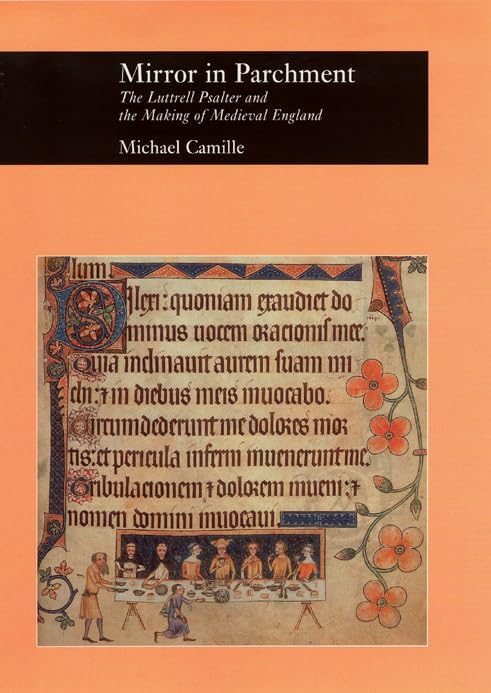
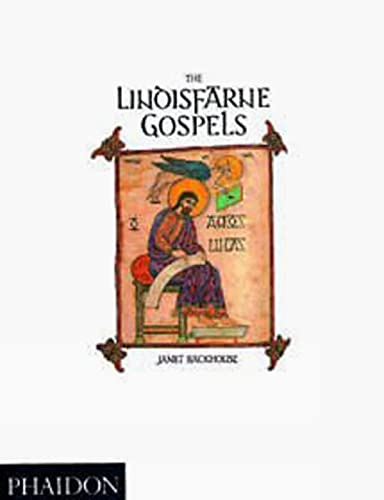



Book
The Pillars of the Earth
by Ken Follett
Nominated as one of America’s best-loved novels by PBS’s The Great American Read #1 New York Times Bestseller Oprah's Book Club Selection The “monumental masterpiece” (Booklist) that changed the course of Ken Follett’s already phenomenal career. Look out for the prequel, The Evening and the Morning, coming from Viking in September 2020. “Follett is a master,” extolled the Washington Post on the release of The Pillars of the Earth. A departure for the bestselling thriller writer, the historical epic stunned readers and critics alike with its ambitious scope and gripping humanity. Today, it stands as a testament to Follett’s unassailable command of the written word and to his universal appeal. The Pillars of the Earth tells the story of Philip, prior of Kingsbridge, a devout and resourceful monk driven to build the greatest Gothic cathedral the world has known . . . of Tom, the mason who becomes his architect—a man divided in his soul . . . of the beautiful, elusive Lady Aliena, haunted by a secret shame . . . and of a struggle between good and evil that will turn church against state and brother against brother. A spellbinding epic tale of ambition, anarchy, and absolute power set against the sprawling medieval canvas of twelfth-century England, this is Ken Follett’s historical masterpiece.

Book
Timeline
by Michael Crichton
When a group of scientists learns how to travel through time, they enter life in fourteenth-century feudal France and threaten the history of the world.

Book
A Connecticut Yankee in King Arthur's Court
by Mark Twain
A Yankee mechanic, knocked out in a fight, awakens at Camelot in A.D. 528. He saves himself from prison and death by posing as a magician and becoming minister to King Arthur. But when he attempts to help out the peasants, he meets opposition.

